
Bedwetting is a pretty much common medical condition, and it is medically referred to as nocturnal enuresis. It involves involuntary wetting during sleep. There are two different types and those are primary and secondary nocturnal enuresis. Primary nocturnal enuresis occurs in children who are 5 years old or even older. It may be divided into nighttime and daytime bedwetting, depending on the case. Secondary nocturnal enuresis involves passage of urine by a child who has not experienced bedwetting in the past 6 months. Primary enuresis is almost always associated with developmental delays which fortunately enough gradually get resolved on their own.
Risk factors
One of the most common and the most predetermining factors in bedwetting is the genetic predisposition. There are also a large number of cases of bedwetting which are associated with daytime incontinence and encopresis. In most cases, enuresis is considered as a manifestation of certain developmental delays in a child. It may include children who suffer from global developmental delay which may or may not include various different types of syndromes.
Certain types of neurological problems such as cerebral palsy and spina bifida may also be held responsible for the occurrence of nocturnal enuresis in some cases. Another common cause of nocturnal enuresis is constipation. Among other common causes of bedwetting at night is the urinary tract infection. It may be interesting to point out that urinary tract infection induced bedwetting affects girls much more than it does affect boys. Disturbed sleep can also be considered as one of the risk factors in the development of nocturnal enuresis. Airways obstruction, snoring, consumption of beverages which contain methylxanthines and stressful situations are also on the list of risk factors which may be contributing to the occurrence of bedwetting at night.
Treatment options
One of the main common treatment methods for children who suffer from bedwetting is enuresis alarm. It is usually used only in children who experience frequent bedwetting. Another common treatment method for children who suffer from nocturnal bedwetting is a medication called desmopressin. It usually needs to be used for prolonged periods of time before providing any acceptable results. It sometimes needs to be accompanied by an anticholinergic, but it all depends on the individual case. Imipramine may also be used in certain rare cases.
Prognosis
Primary nocturnal enuresis usually affects 15% of children, and once it gets resolved it is fairly normal to reoccur at some point later on.


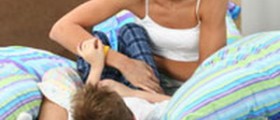
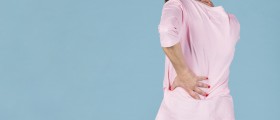

_f_280x120.jpg)


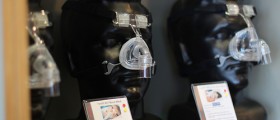
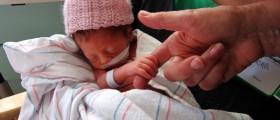
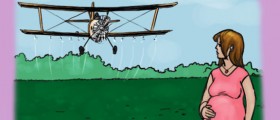
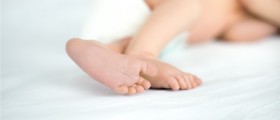
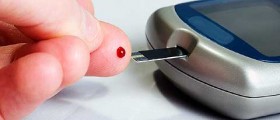
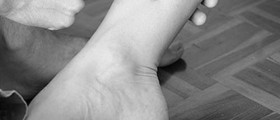
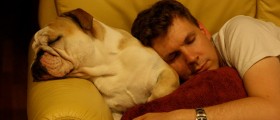
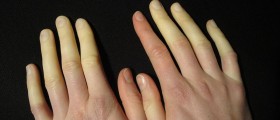

Your thoughts on this
Loading...